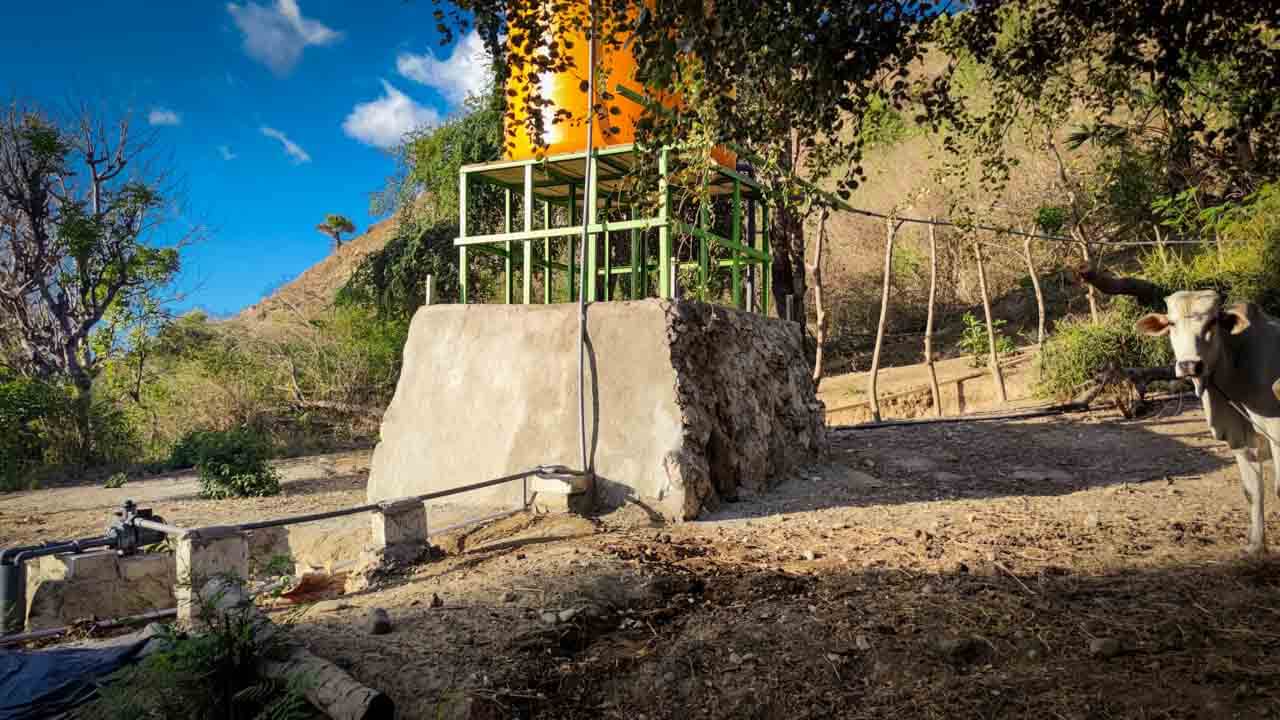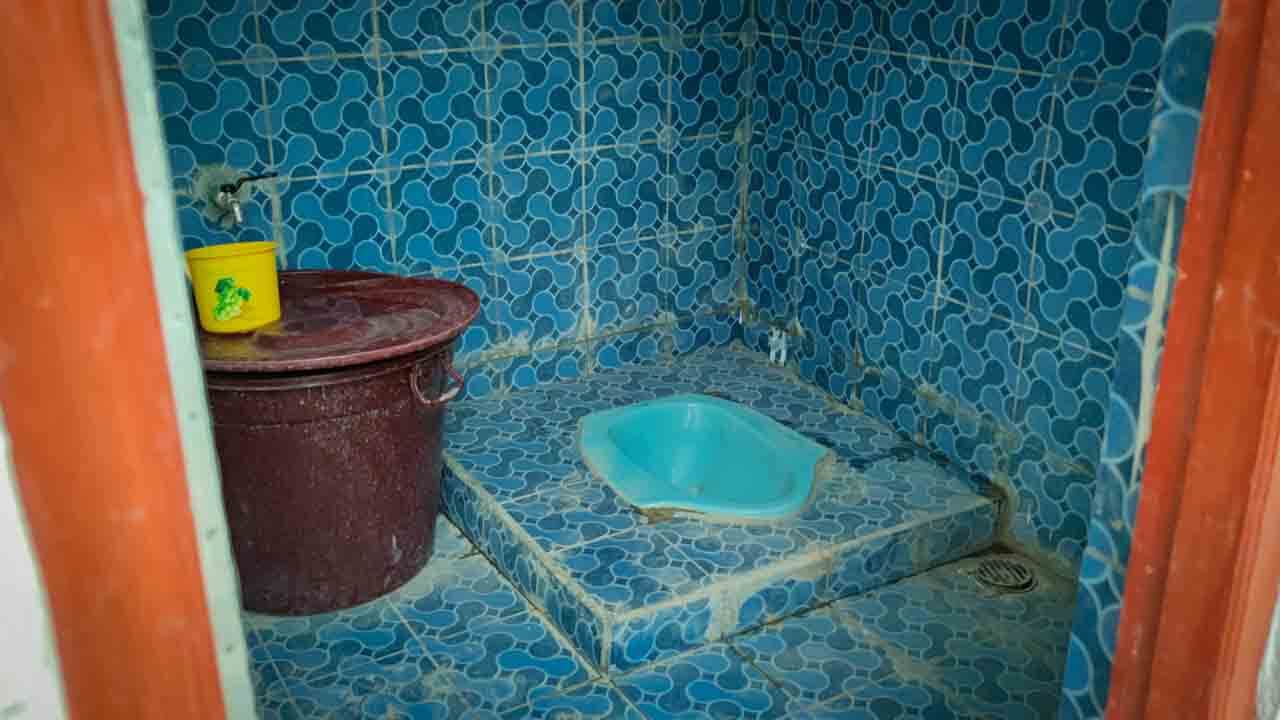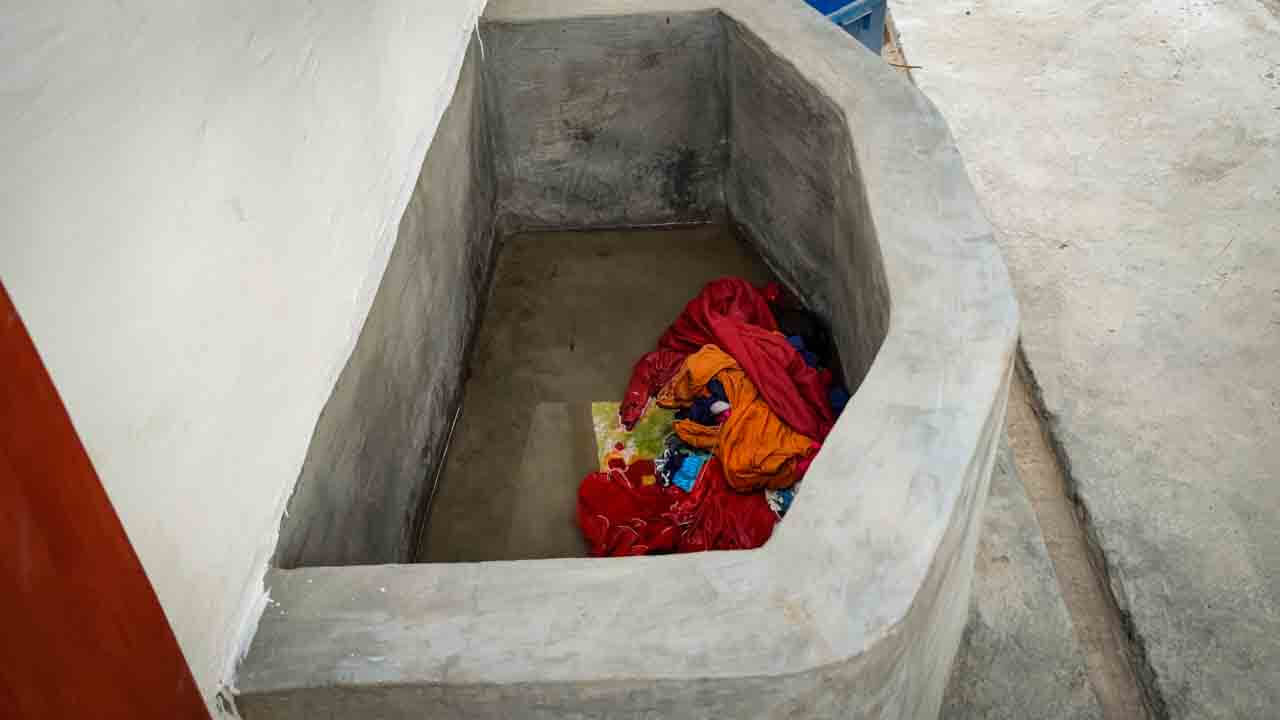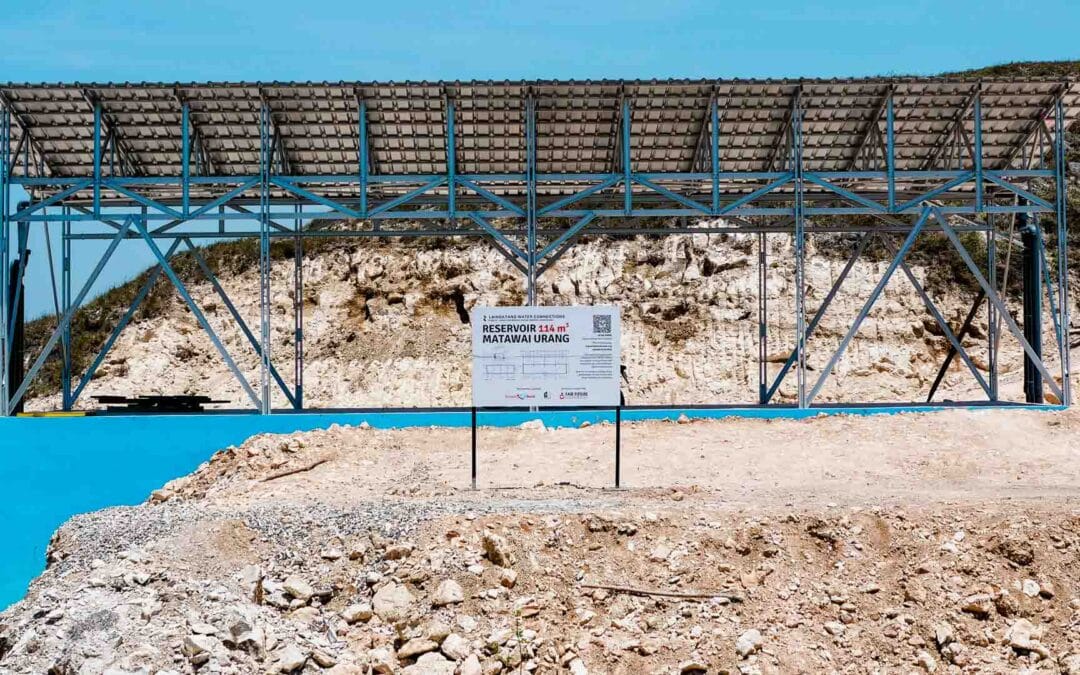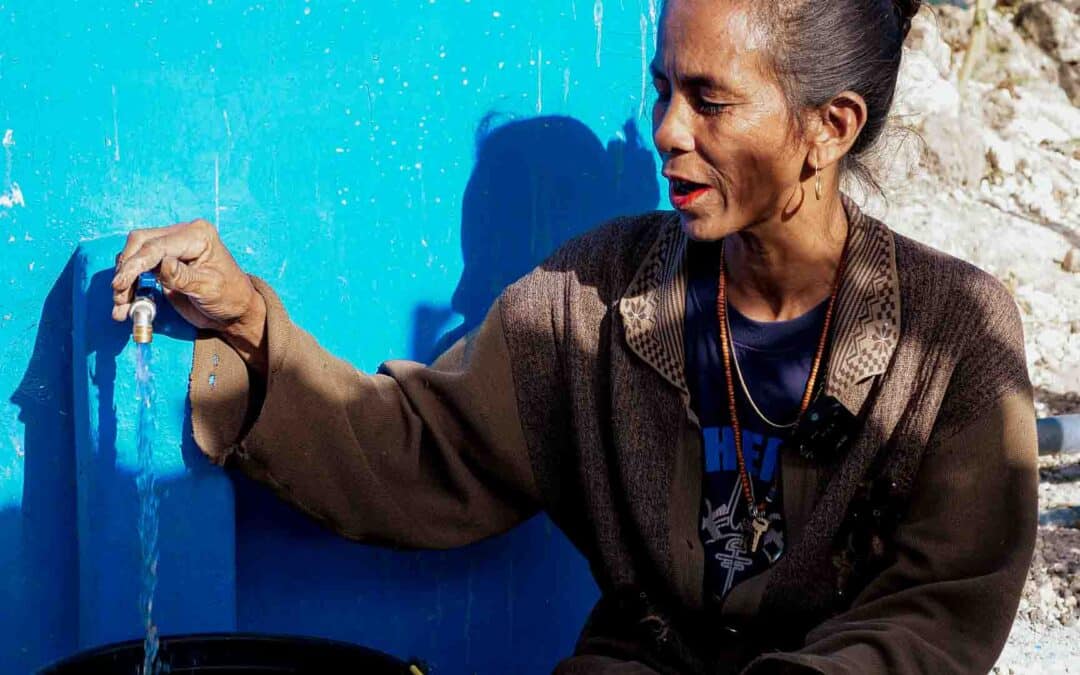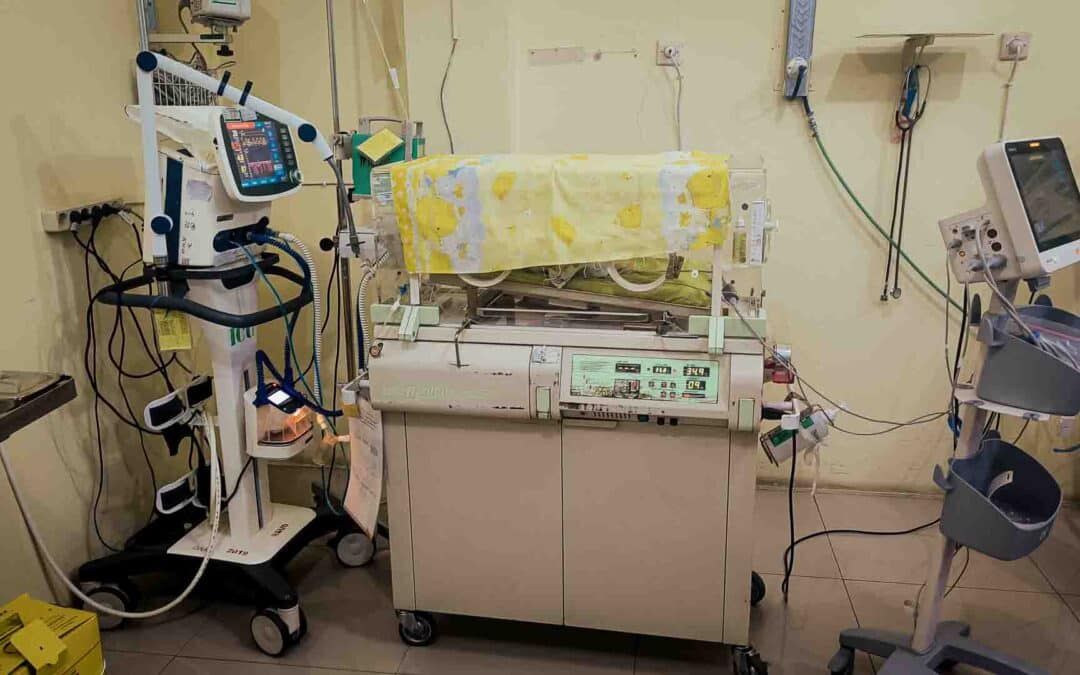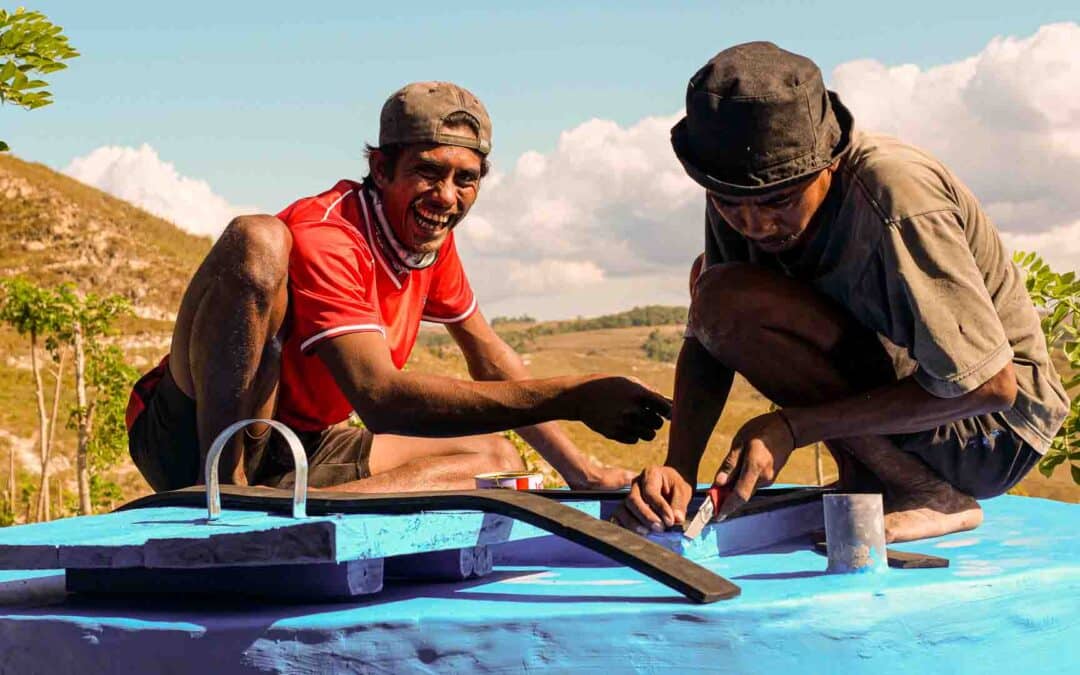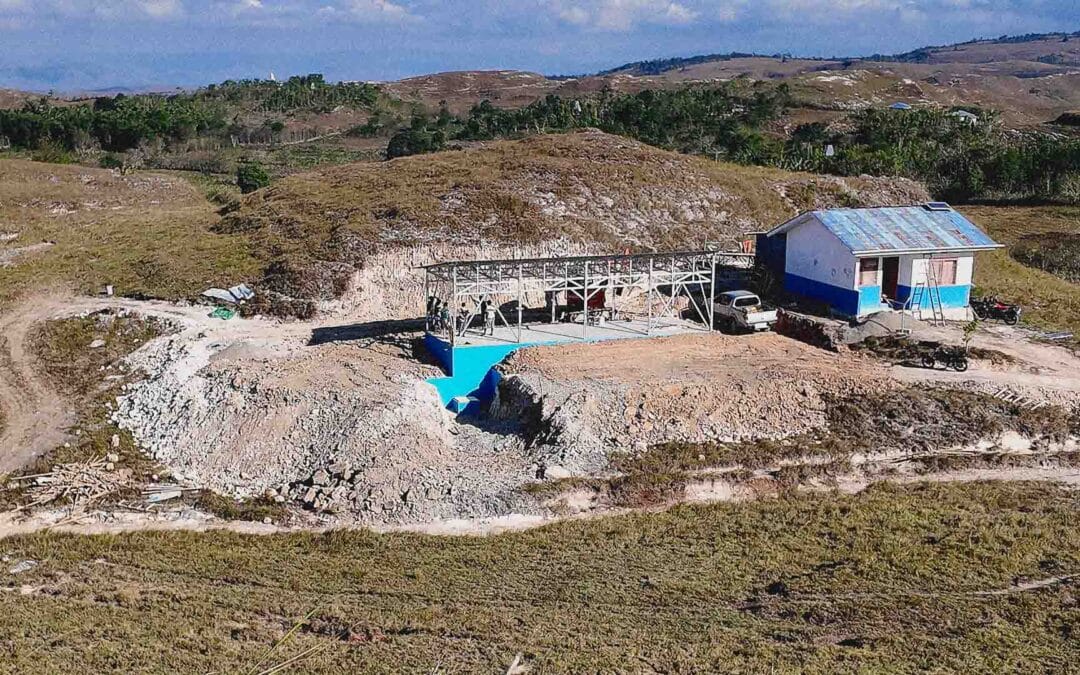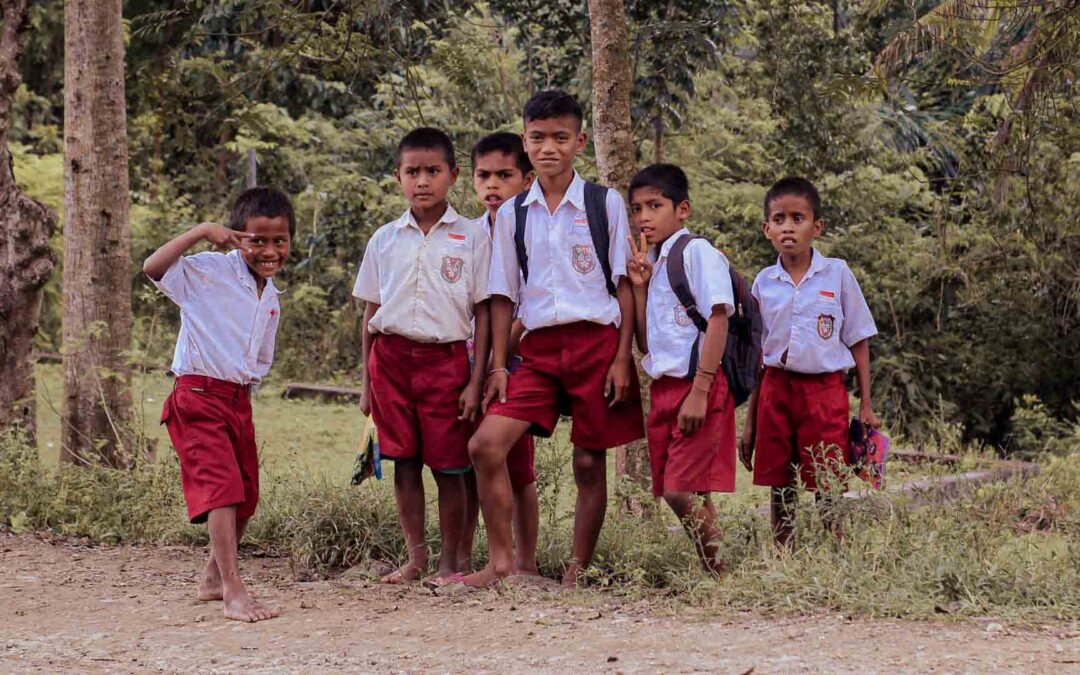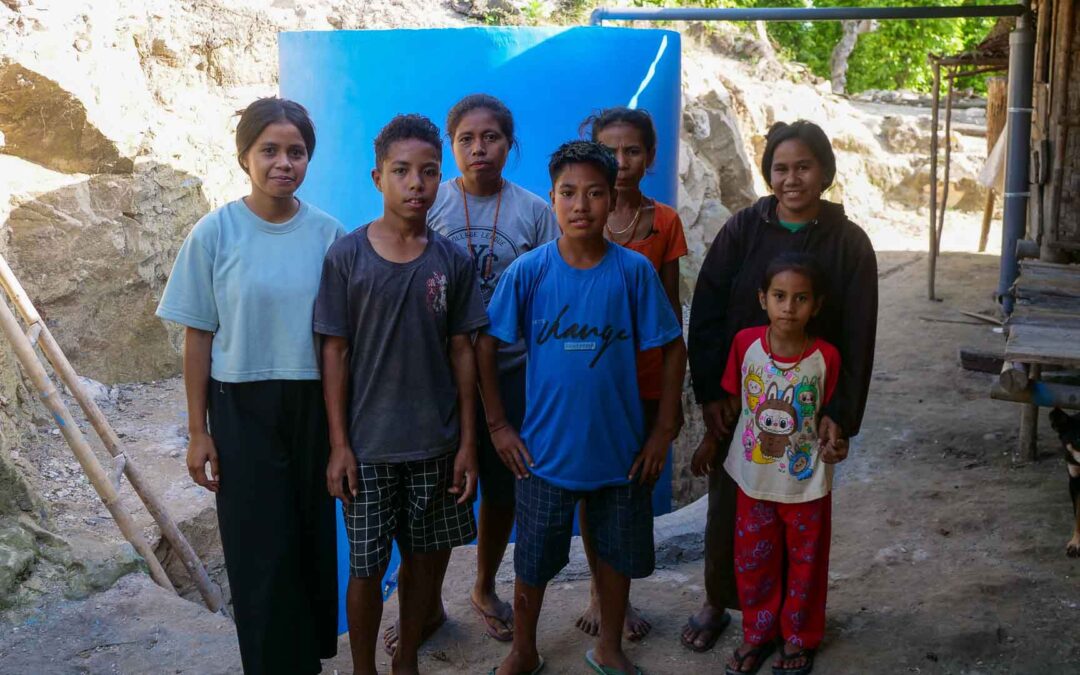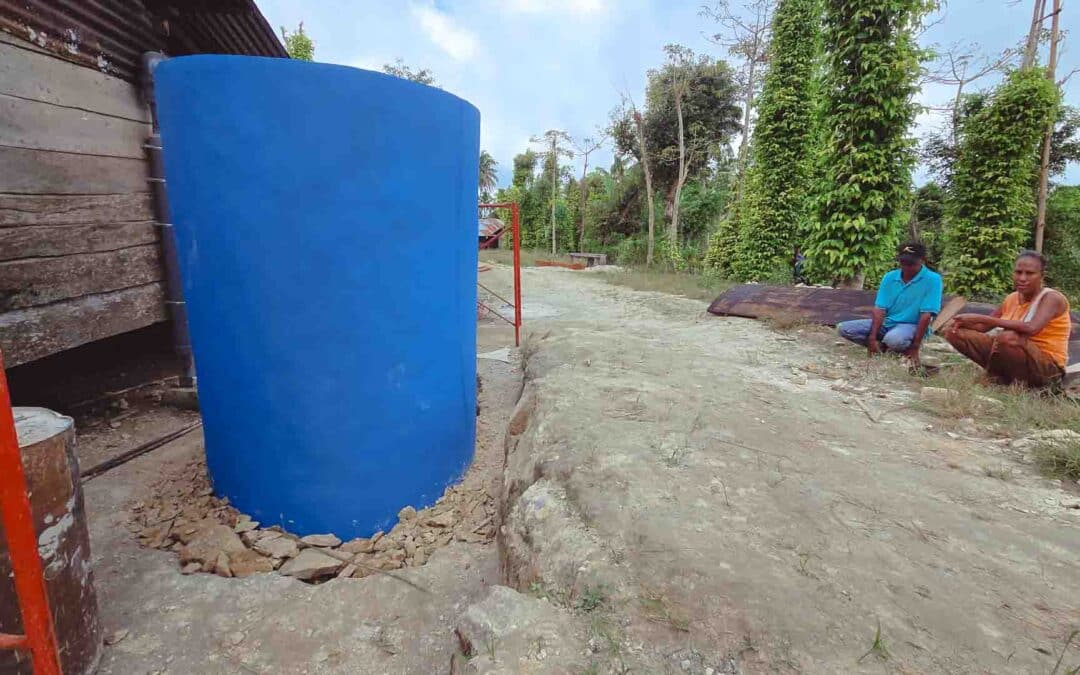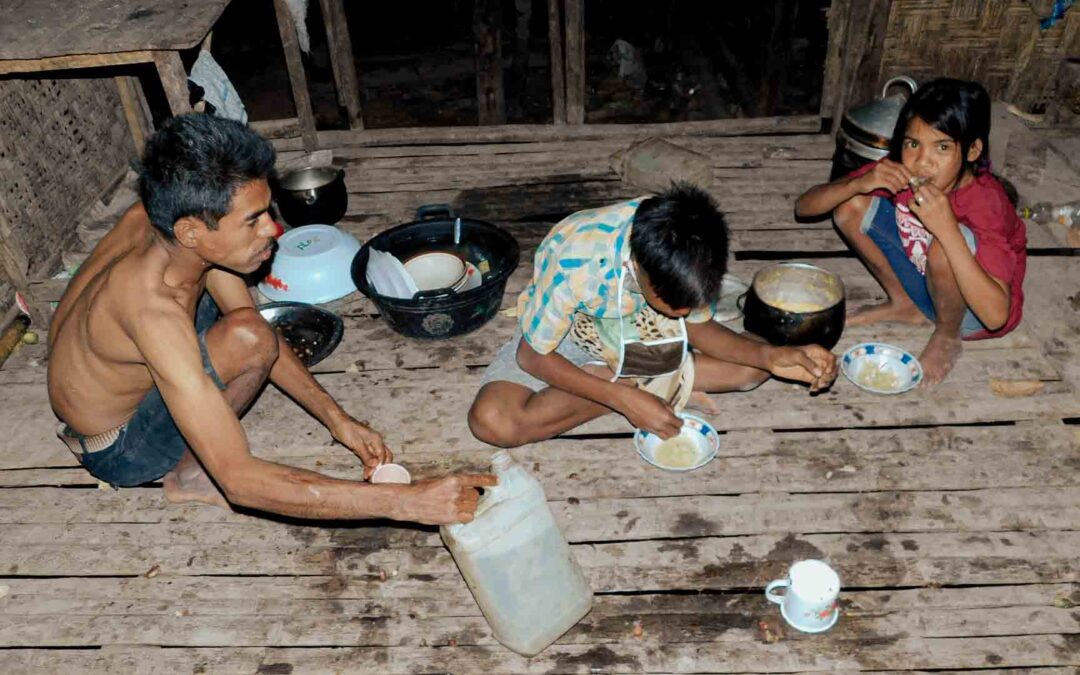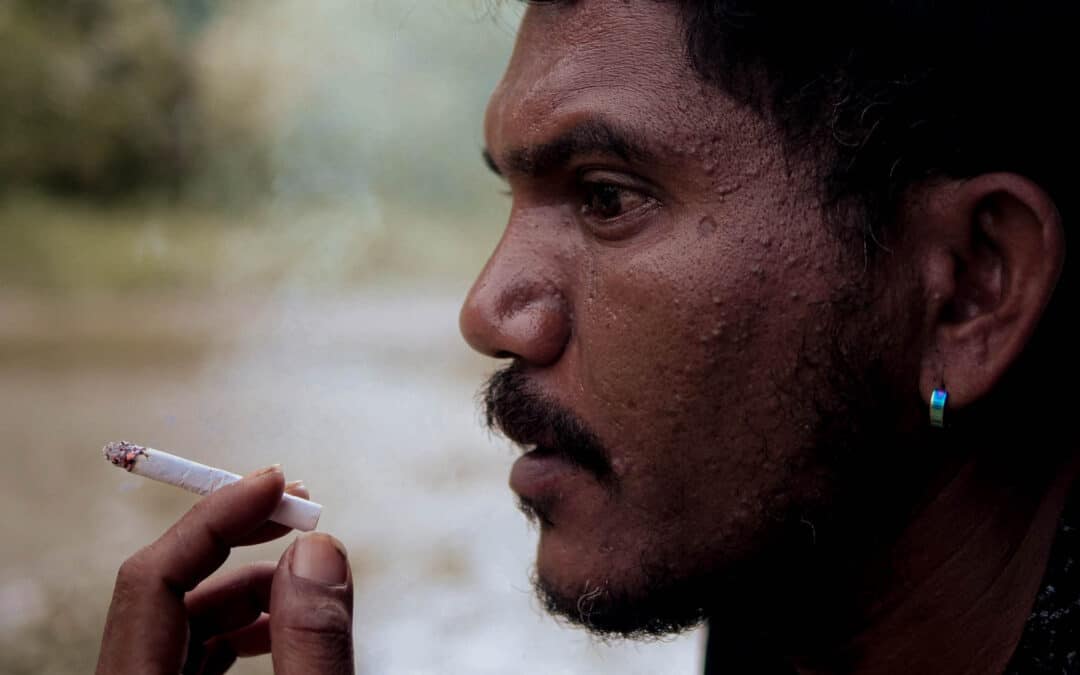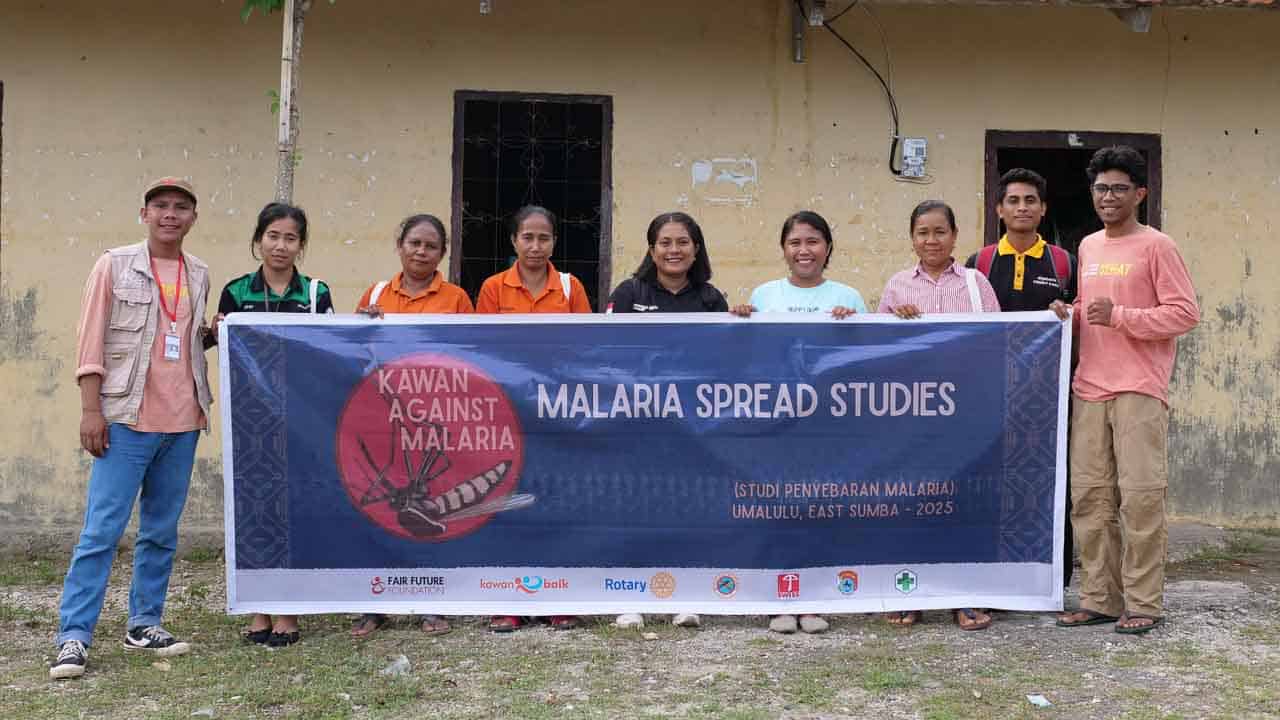The principal causes of ill-health and mortality among children in developing countries are outlined and the prospects for improvement through the provision of education, health services, adequate nutrition, clean drinking water, sanitation, and other basic, but vital needs.
Clean water and good sanitation are essential to prevent and reduce child mortality. Women who become pregnant at either extreme of childbearing age are at higher maternal and pediatric risks; the same goes for multiparous women and women with short birth intervals. Most deaths of children aged 1 to 4 are preventable by simple health intervention: The main causes are diarrheic and respiratory diseases, malnutrition, and vaccine-preventable infectious diseases.
Fair Future notes that children are certainly the most affected by the indirect impact of the pandemic than by the viral infection itself. Indeed, we have noticed that the COVID-19 pandemic is having an impact on the health of children, but through the increase in poverty, the loss of education and the closure of schools -here in Indonesia the closure of schools since March 2020-, food insecurity, violence as well as increased pressure on health systems and reduced access to personal health care services.
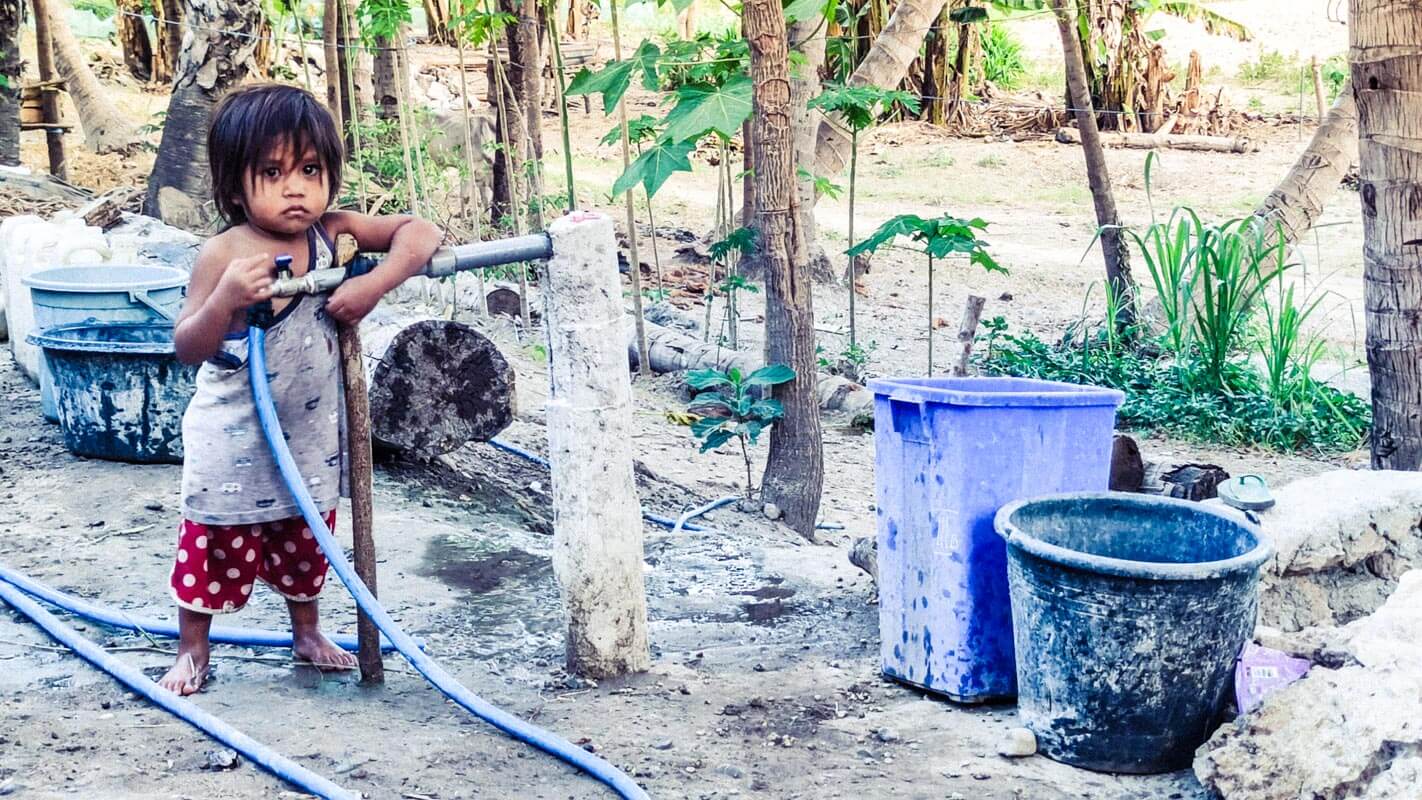
From the start of the pandemic, we clearly saw that vaccination and nutrition programs were heavily impacted. At the same time, other basic non-medical services for children have also been affected: Access to education, protection against domestic violence, etc.
Health personnel is often relocated -when they have not stopped working because salaries are no longer paid- in order to meet the needs arising from the pandemic. In this type of humanitarian context, medical staff is already limited, so by diverting part of human resources to cover the response to COVID-19, the risk of not meeting basic needs in pediatric programs has increased.
What are the main recommendations made during this time of pandemic crisis to prevent the growth of infant morbidity and mortality?
Some very simple recommendations must be put in place, Fair Future is working in this direction!
First, it is necessary to maintain regular pediatric preventive and curative services. Some of the human, material, and strategic resources that usually exist for these prevention programs have been reduced and we will see the consequences in the near future. For example, we could soon see epidemic outbreaks because of children who have not been vaccinated against rubella or measles. By reducing or closing outpatient clinics, the number of diagnoses (eg diagnosis of malaria, severe dengue) has already increased in the regions where we work with Fair Future.
Children are not the face of covid-19 but will certainly not be spared
Second, we need to develop new approaches and implement the necessary practical tools on the ground. For example Nutrition programs, water supply, creation of community gardens, and development of local resources.
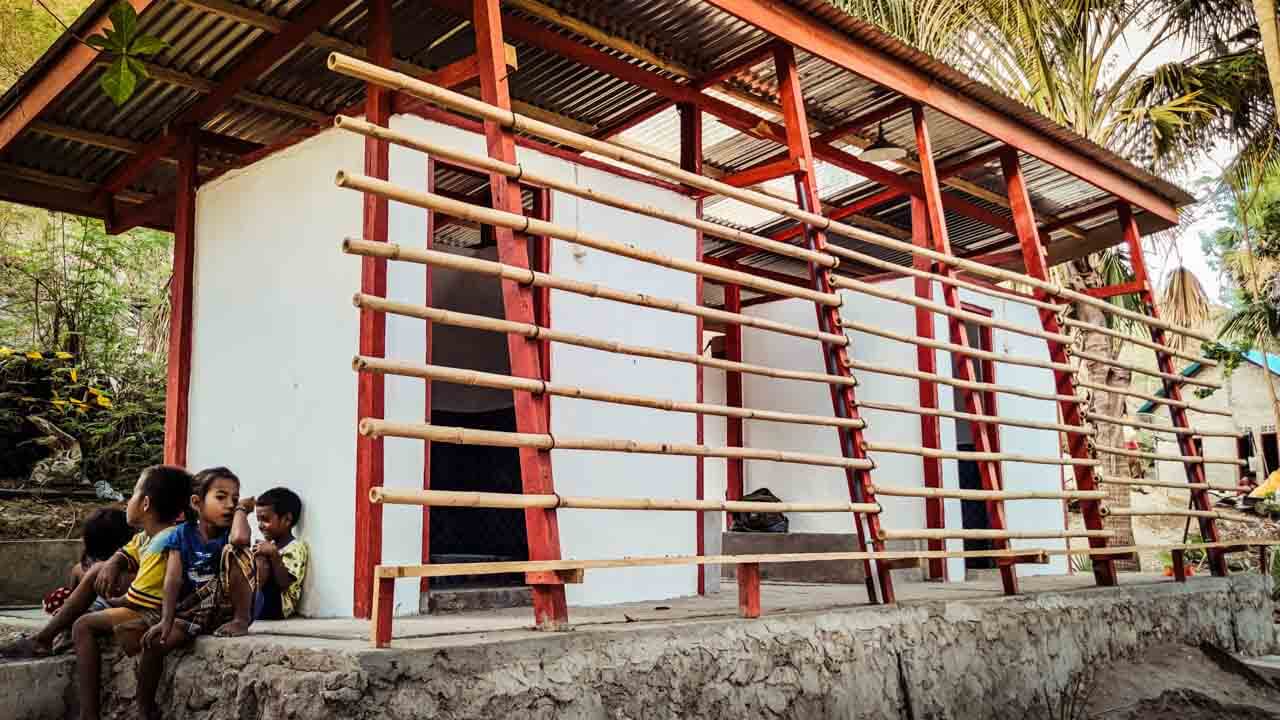
Finally, we must continue to defend the rights of children in this pandemic. They are not the ones who die from COVID-19 but will certainly be the ones who will be the most impacted.
Regardless of the negative impact the COVID-19 pandemic has and will have on children in the years to come, have there really been any positive externalities in the Foundation’s projects on the ground?
Community health care activities, which have become a key component in the fight against COVID-19, have reminded us of the effectiveness of this system and should continue to be strongly implemented and integrated into established outreach strategies. by Kawan Baik and Fair Future in more rural areas.
This extraordinary situation confirms that our medical but also logistical teams must be terribly flexible and innovative to provide logistical, social, medical or technical support that is adapted and as adequate as possible in the field.
What types of difficulties do we encounter in the field but also in hospitals in the outermost and rural regions linked to the health care provided to children?
Obviously, the lack of nutrition plays a terrible impact on the physical development of the child. As the parents no longer have any income, the condition of the children has greatly deteriorated, the food budget is being severely impacted.
Pregnant women whom we must also talk about being struck by the pandemic, the lack of medical care, healthy food, drinking water during the time of their pregnancy. We have also observed that a significant number of young pregnant women were proportionately more affected by COVID-19 than the others. Without classifying them for all that in the category of “vulnerable people”, their condition requires a healthy diet, care, good hygiene. Conditions that are not met far from it here, for example in eastern Indonesia.
We thank you all very much for your interest, benevolence, and always great support. Take good care of yourself and your loved ones!
Alex, from Sumba, East Indonesia, the September 8th, 2021 – Rumah Kambera Base Camp.
Note: Your feedback is extremely important to us and our teams in the field. They give us the courage, the strength, the motivation to help even more! Please let us know your thoughts. thanks in advance


